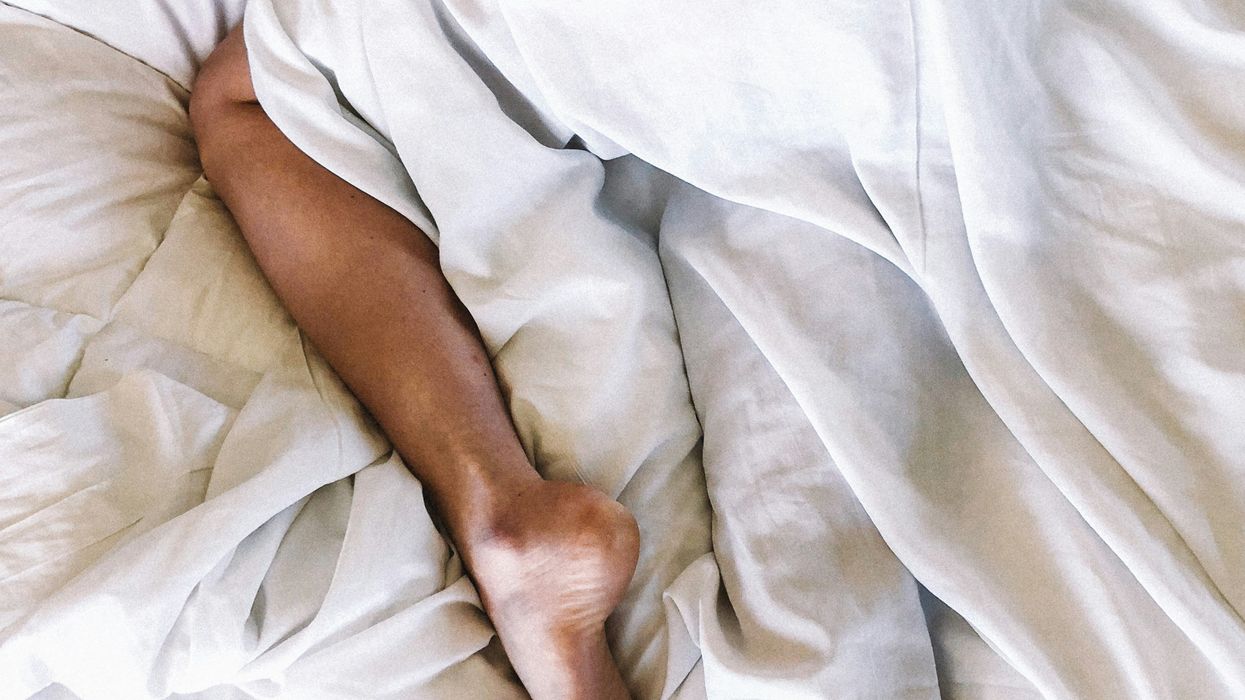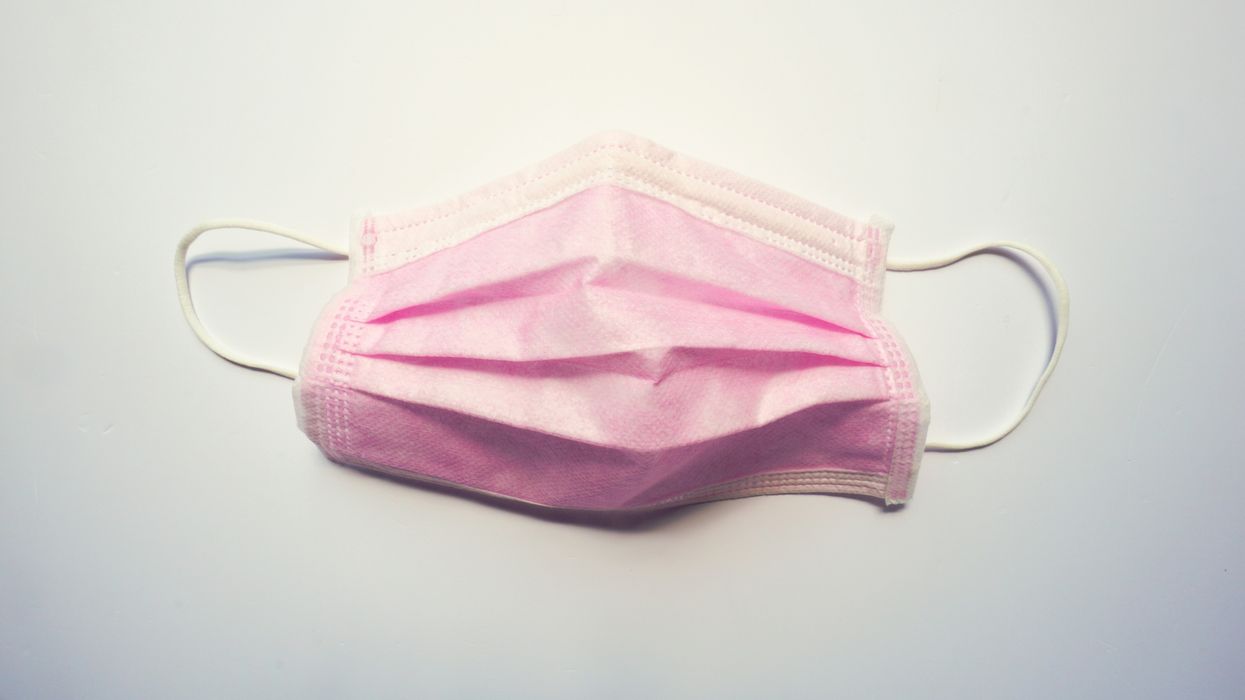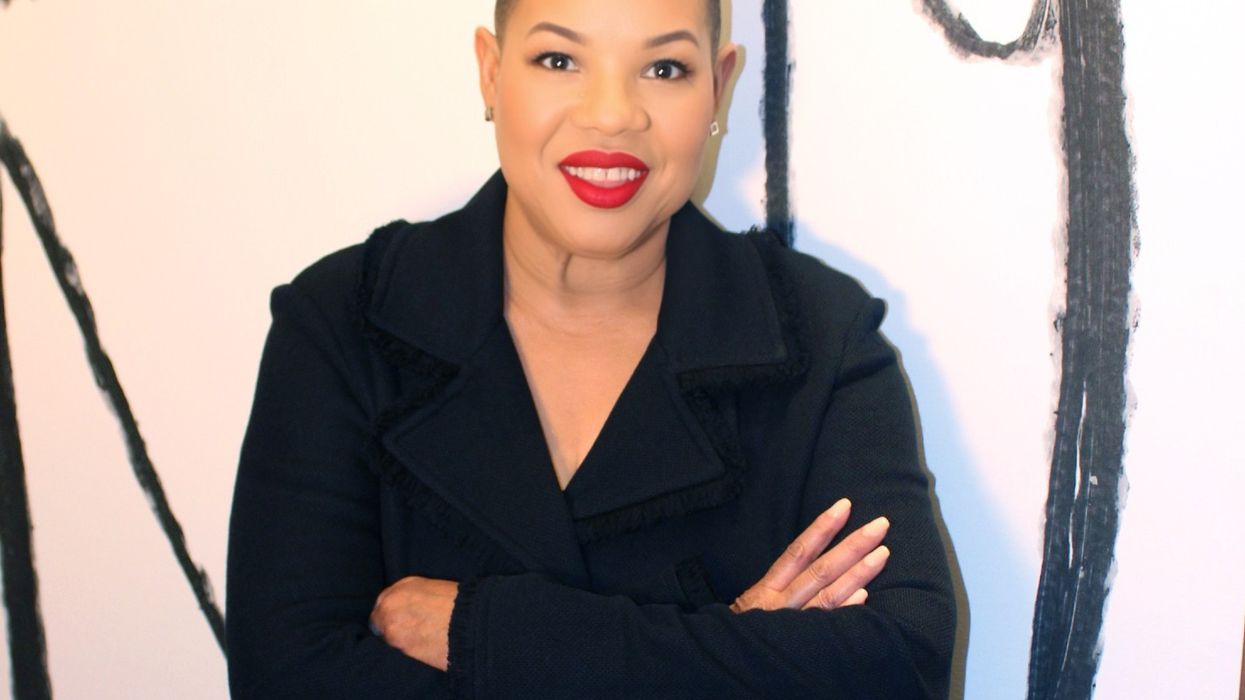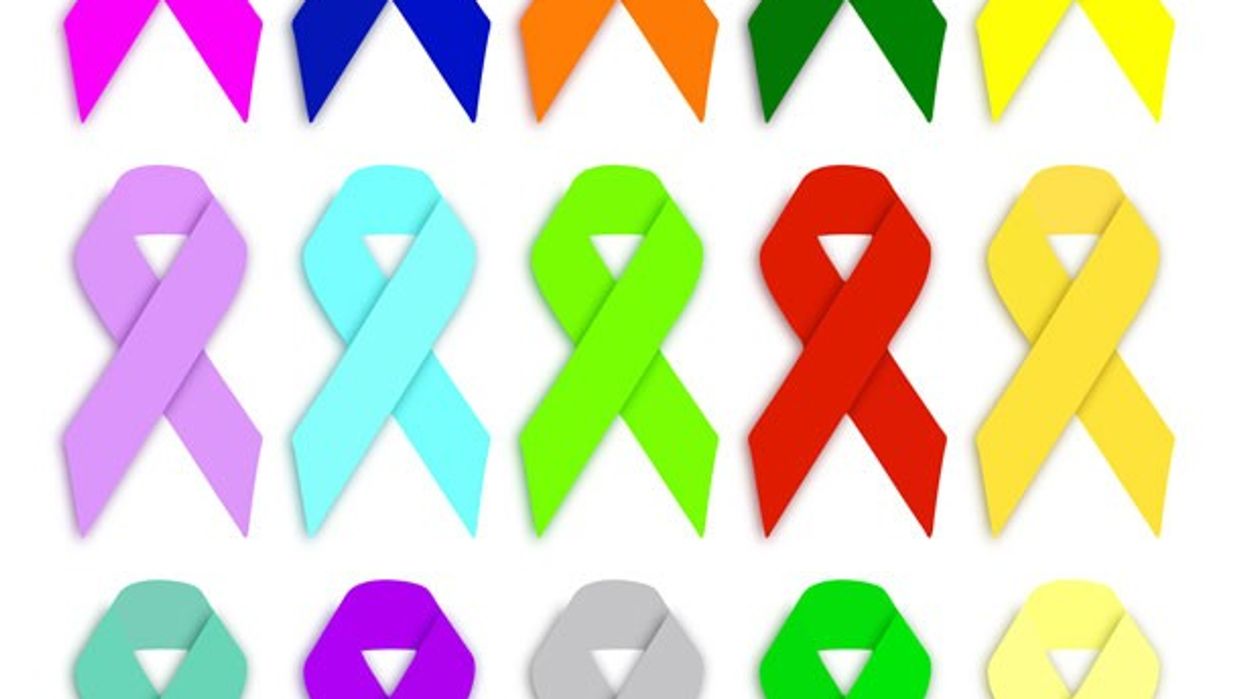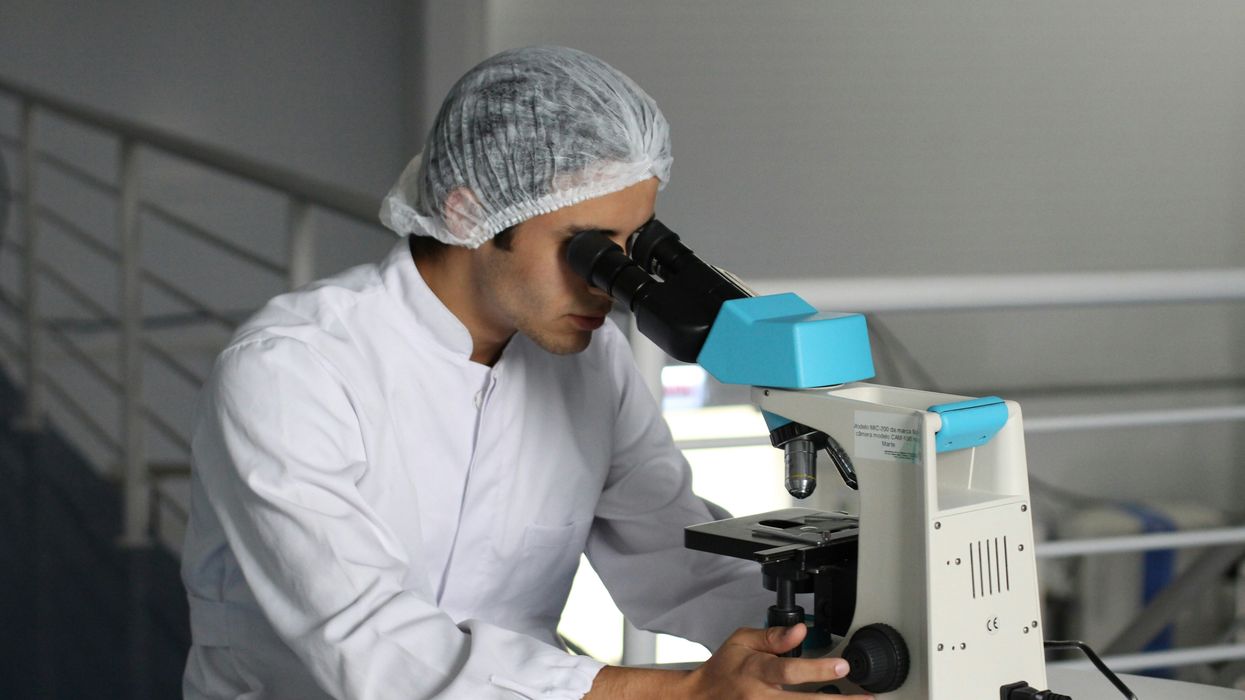The views and opinions expressed in this content do not necessarily reflect the official policy or position of Divine Health. Any information provided in this content is not intended to be a recommendation or endorsement by Divine Health. Always seek the advice of a qualified professional before making any decisions based on the information provided.
Do you value sleep? It's not just about the hours but the quality of rest you get. Imagine the benefits of waking up refreshed and rejuvenated every morning.
Approximately 1 in 3 adults worldwide experience insomnia symptoms (1). How many of us understand what inhibits us from reaping sleep benefits?
Sleep is one of the cornerstones of health. It is one of the primary keys to longevity and phenomenal brain health. Our sleep health depends on all aspects of our circle of life, but one of the main drivers guiding us to a healthy sleep cycle is our diet; it matters what we eat, how much, and at what time. Our eating habits impact our sleep, and in turn, our sleep affects our eating habits, metabolism, and weight. Understanding this cycle can empower us to make healthier choices and manage our weight more effectively.
What are those healthier choices? As bio-individuals, what works for one person may not work for another, which everyone should seriously consider.
One of the easiest (and the most obvious) ways of establishing healthy sleep hygiene is to eat a balanced, unprocessed, whole-food diet rich in fiber, protein, and healthy fats. What does that look like? That could be a green smoothie with three eggs and a small bowl of oatmeal for breakfast. For lunch, a juicy vegetable salad with 20g of protein. For dinner, 4-6 oz of fish, animal protein, and vegetables. Some healthy snack options include almonds, walnuts, apples, berries, carrots, and yogurt. Up to 3 liters of water per day. Limiting excessive caffeine intake and monitoring appropriate alcohol consumption.
Easy right?
Food plays a pivotal role in supporting our natural circadian rhythm; following set meal times can reinforce your circadian rhythm by giving your body time cues as to what time of the day it is, aka our internal clock. A good rule of thumb is that if you eat too late, your body temperature will remain elevated, resulting in poor sleep quality.
Generally speaking, adult humans thrive on eating on schedule and, more specifically, time-restricted eating. Time-restricted eating limits the hours of eating to a specific amount of hours each day. An example would be having your first meal at 8:00 am and your last meal at 5:00 pm. Or eating at sunrise and not eating after sunset. If one is disciplined enough to realign their eating patterns by avoiding waiting to eat long after the sun has risen and avoiding eating after the sun has set, they will reap more benefits than just sleep.
That's the not-so-easy part.
When you give your body time to digest food before settling into bed, your body's core temperature will drop. You will then start to produce melatonin. Then you will sleep. While you sleep, your brain will detox, and your liver will make cholesterol. You will burn calories. Your cells will repair your DNA, mitochondria, and soft tissues. You will heal from the inside out. You will look better and have more energy. You will have more emotional capacity because you will have excreted information you no longer need. You will emotionally heal from trauma. You will prevent your chance of getting chronic illnesses and diseases such as obesity, diabetes, depression, anxiety, hypertension, Dementia, and Alzheimer's.
Adults need seven to nine hours of sleep a night, but 30% of Americans get less than 7 hours (2). If one is serious about establishing good sleep hygiene and challenges themselves to incorporate an unprocessed whole-food diet while being disciplined about the times when they have their first meal and their last, they could seriously help their body do what it's made to do, innately heal. Energy during the day is great, but excessive energy at night leads to many chronic health concerns that can be easily avoided with good sleep hygiene.
- Insomnia. Cleveland Clinic. URL. Accessed August 1, 2022.
- https://my.clevelandclinic.org/podcasts/health-ess...


